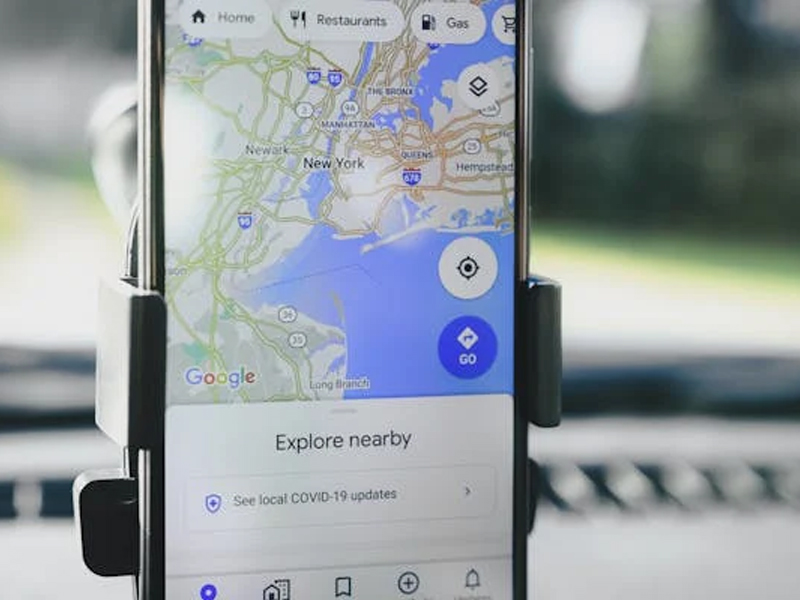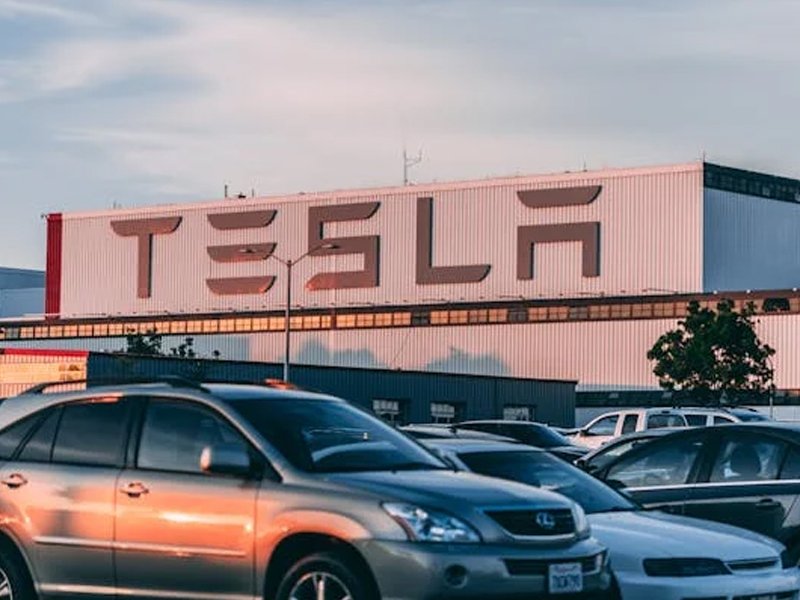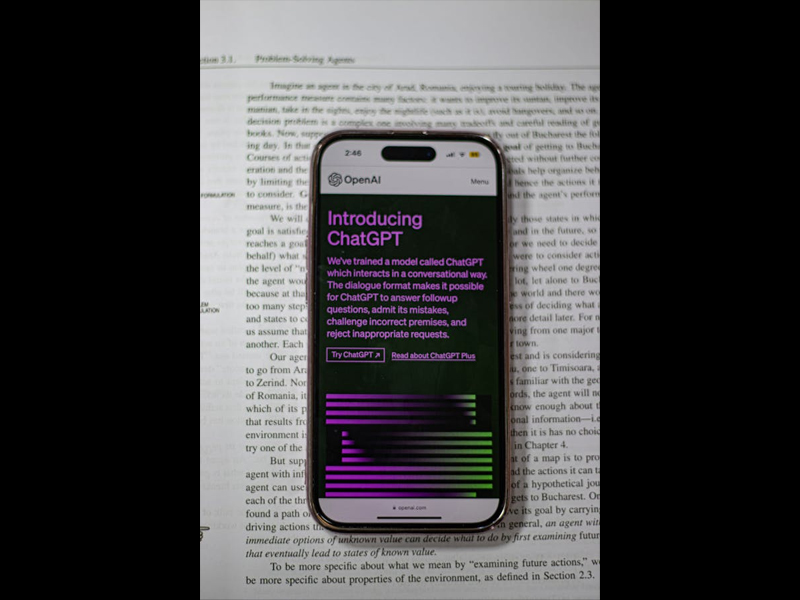Ford tops Google’s Search for Automaker Partners
Uncategorized
 Google’s koala-shaped autonomous car project is on the verge of completion and it showed hints from start that the search kingpin really just wanted to create and sell software and not build a production vehicle. That intention is now becoming more clear with partnerships between Google and automakers hitting news this year.
Though the Ford-Google deal is scrubbed off as a rumour it is found that the General Motors has signaled interest in hooking up, but Google is going hard on the sales pitches. At the Automotive News World Congress in Detroit, Google Car CEO John Krafcik said his main goal this year is to forge deals with automakers, saying that “as our technology progresses, we hope to work with many of you guys.” That’s basically what Chris Urmson, who directed the project before Krafcik left his CEO post at TrueCar, told us at the same conference a year ago.
It is to be noted that BMW, Daimler, and Audi have purchased Nokia HERE, and scanned roughly 900 times more miles of public roads in precise, high-resolution maps than has Google hinting that competitors are bringing in tight corners for the search engine king’s project. In the testing process it is to be noted that Delphi has completed an automated cross-country road trip in an Audi SQ5 and Apple has been ramping up its “Project Titan.”
Google’s koala-shaped autonomous car project is on the verge of completion and it showed hints from start that the search kingpin really just wanted to create and sell software and not build a production vehicle. That intention is now becoming more clear with partnerships between Google and automakers hitting news this year.
Though the Ford-Google deal is scrubbed off as a rumour it is found that the General Motors has signaled interest in hooking up, but Google is going hard on the sales pitches. At the Automotive News World Congress in Detroit, Google Car CEO John Krafcik said his main goal this year is to forge deals with automakers, saying that “as our technology progresses, we hope to work with many of you guys.” That’s basically what Chris Urmson, who directed the project before Krafcik left his CEO post at TrueCar, told us at the same conference a year ago.
It is to be noted that BMW, Daimler, and Audi have purchased Nokia HERE, and scanned roughly 900 times more miles of public roads in precise, high-resolution maps than has Google hinting that competitors are bringing in tight corners for the search engine king’s project. In the testing process it is to be noted that Delphi has completed an automated cross-country road trip in an Audi SQ5 and Apple has been ramping up its “Project Titan.”
Frequently Asked Questions?

01
AI & ML
No More Range Anxiety: Google Maps Uses AI to Simplify EV Charging
Apr 19, 2024

01
Tech news
Tesla Announces Layoffs as Sales Growth Sputters
Apr 18, 2024

01
Tech news
Protecting Teens on Instagram: Meta Tests Automatic Nudity Blurring in DMs
Apr 17, 2024

01
AI & ML
A More Direct ChatGPT: A Step Towards Natural Conversation?
Apr 15, 2024
SUSBSCRIBE TO OUR NEWSLETTER
Join our subscribers list to get the latest news and special offers.
No More Range Anxiety: Google Maps Uses AI to Simplify EV Charging
Tesla Announces Layoffs as Sales Growth Sputters
Protecting Teens on Instagram: Meta Tests Automatic Nudity Blurring in DMs
A Look Through the Metaverse: Unveiling Meta’s AR Glasses